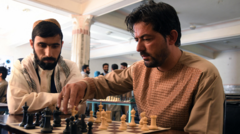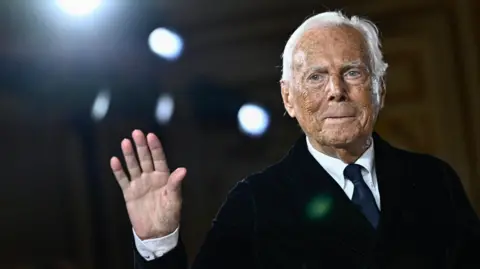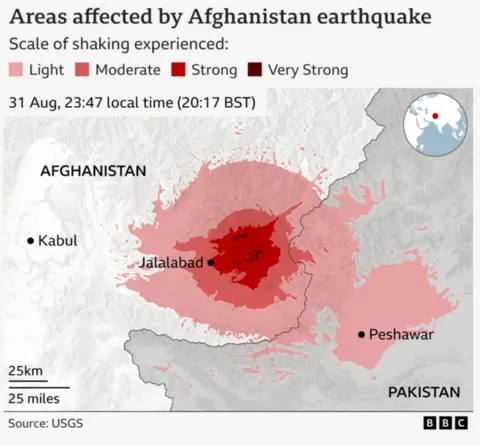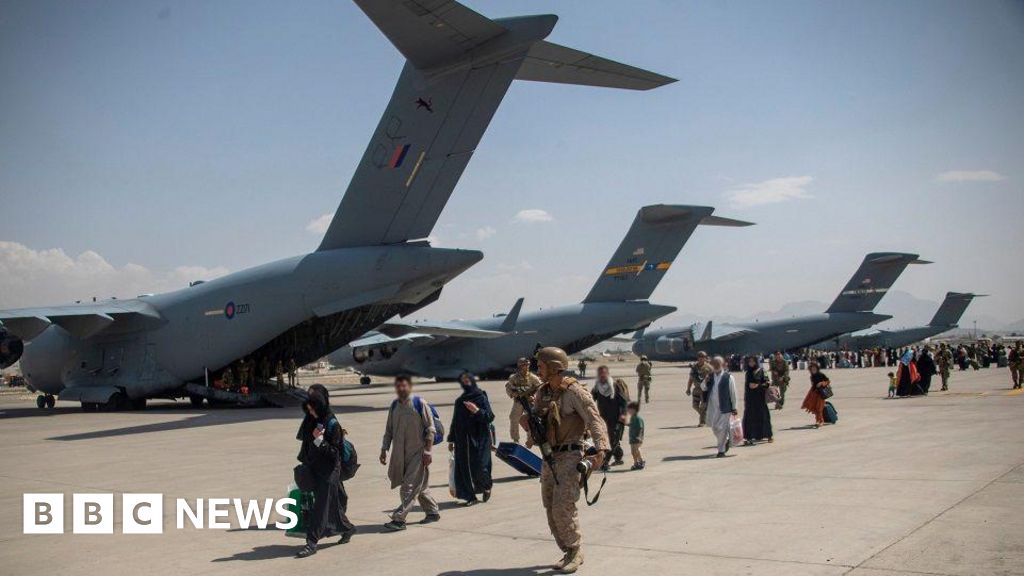The Taliban government in Afghanistan has announced an indefinite suspension of chess, raising concerns over its alleged ties to gambling. Officials stated the ban will remain in effect until the game's alignment with Islamic law is evaluated. This suspension is part of a larger pattern of restrictions on various sports initiated by the Taliban since their takeover in August 2021.
Atal Mashwani, a spokesperson for the Taliban's sports directorate, expressed that chess is viewed through a religious lens as a potential vehicle for gambling, complicating its acceptance in the nation. The government has been tightening its grip on recreational activities, particularly those available to women. Reports indicate that female participation in sports has become virtually nonexistent under current regulations.
This latest prohibition adds to an array of limitations previously imposed, such as the ban on mixed martial arts (MMA) due to its perceived violent nature in relation to sharia law. The Taliban leadership has consistently argued that numerous sports contradict Islamic teachings and therefore cannot be permitted.
Kabul cafe owner Azizullah Gulzada, known for hosting informal chess gatherings, feels the suspension will negatively impact local youth, who previously engaged in the game as a social activity. Gulzada noted that chess is not an uncommon pastime in many Muslim-majority nations, questioning the Taliban's strict interpretation of its implications.
The escalation of sports restrictions under the Taliban indicates a broader cultural shift, with significant ramifications for youth engagement and entertainment options in Afghanistan. The ongoing debate around the compatibility of leisure activities with religious beliefs continues to evoke diverse opinions, reflecting the complex societal dynamics at play.





















